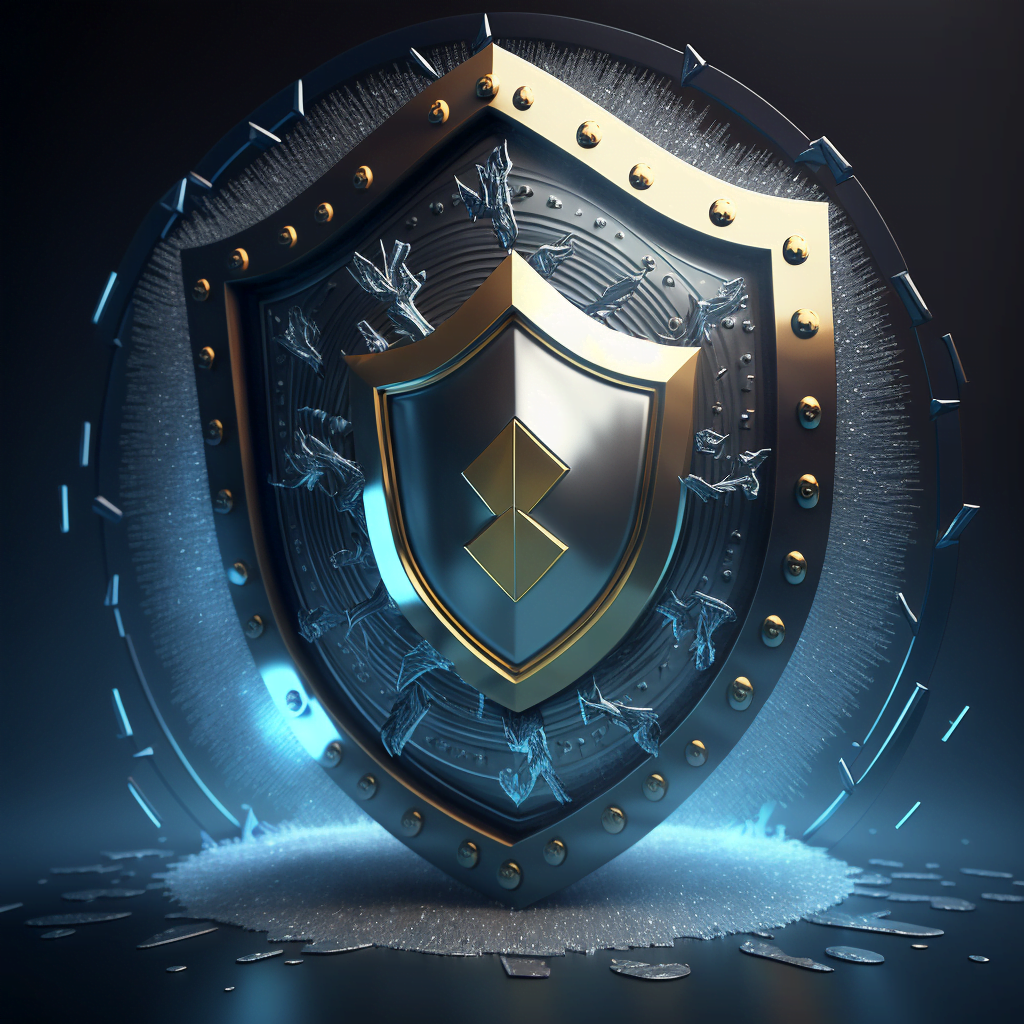As blockchain technology and smart contracts gain widespread adoption, the need for reliable and secure data sources becomes crucial. Decentralized oracles have emerged as a critical component in bridging the gap between blockchain networks and the real world, enabling smart contracts to access off-chain data and trigger events based on external inputs. In this article, we’ll explore the concept of decentralized oracles, their role in the Web3 ecosystem, and the key players driving this technology.
Understanding Decentralized Oracles
An oracle is a data provider that supplies external information to blockchain networks and smart contracts. Decentralized oracles leverage multiple independent data sources and validators to ensure the accuracy, reliability, and security of the information being fed to the blockchain. By utilizing a decentralized approach, these oracles reduce the risk of manipulation and single points of failure, which can compromise the integrity of the data.
The Role of Decentralized Oracles in Web3
Decentralized oracles play a pivotal role in the Web3 ecosystem by connecting on-chain and off-chain worlds. Some key use cases for decentralized oracles include:
- Decentralized Finance (DeFi): DeFi platforms require accurate and timely price feeds for various assets to enable functions such as lending, borrowing, and automated market making. Decentralized oracles provide these essential price feeds while minimizing the risk of price manipulation.
- Insurance: Smart contract-based insurance policies can use decentralized oracles to access data such as weather conditions, flight delays, or natural disasters to trigger automatic payouts.
- Supply Chain: Decentralized oracles can provide verifiable data on product origins, transportation, and other supply chain events to enhance transparency and traceability.
- Prediction Markets: In prediction markets, users bet on the outcome of real-world events. Decentralized oracles can supply unbiased, accurate data on these events to determine the winners.
Key Players in the Decentralized Oracle Space
Several projects are leading the charge in developing and implementing decentralized oracle solutions:
- Chainlink: As one of the most prominent decentralized oracle networks, Chainlink provides secure and reliable data feeds to numerous blockchain platforms and DeFi applications. Chainlink’s flexible architecture allows developers to build custom oracle solutions tailored to their specific needs.
- Band Protocol: Band Protocol offers a cross-chain data oracle platform that aggregates and connects real-world data and APIs to smart contracts. Band’s flexible design supports various data types and sources, facilitating the development of a wide range of decentralized applications.
- API3: API3 focuses on creating decentralized APIs (dAPIs) by connecting API providers directly to smart contracts through a decentralized network of data providers called Airnodes. API3 aims to reduce the need for third-party oracle services, enabling a more direct and secure data transmission.
Conclusion
Decentralized oracles are a vital component of the Web3 infrastructure, enabling smart contracts to interact with real-world data securely and reliably. As the blockchain ecosystem continues to grow and evolve, the importance of decentralized oracles will only increase, ensuring the seamless integration of on-chain and off-chain worlds. By fostering trust, transparency, and decentralization, these oracles are shaping the future of blockchain technology and its applications across various industries.




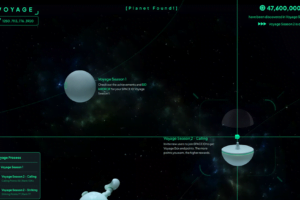

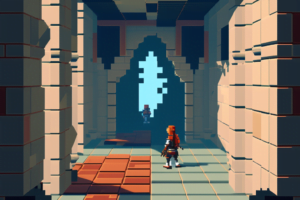





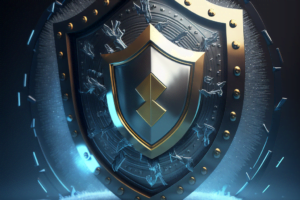
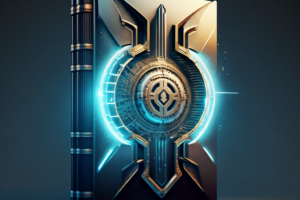




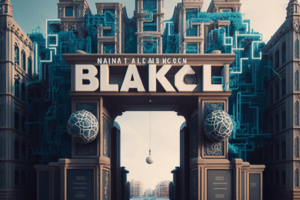

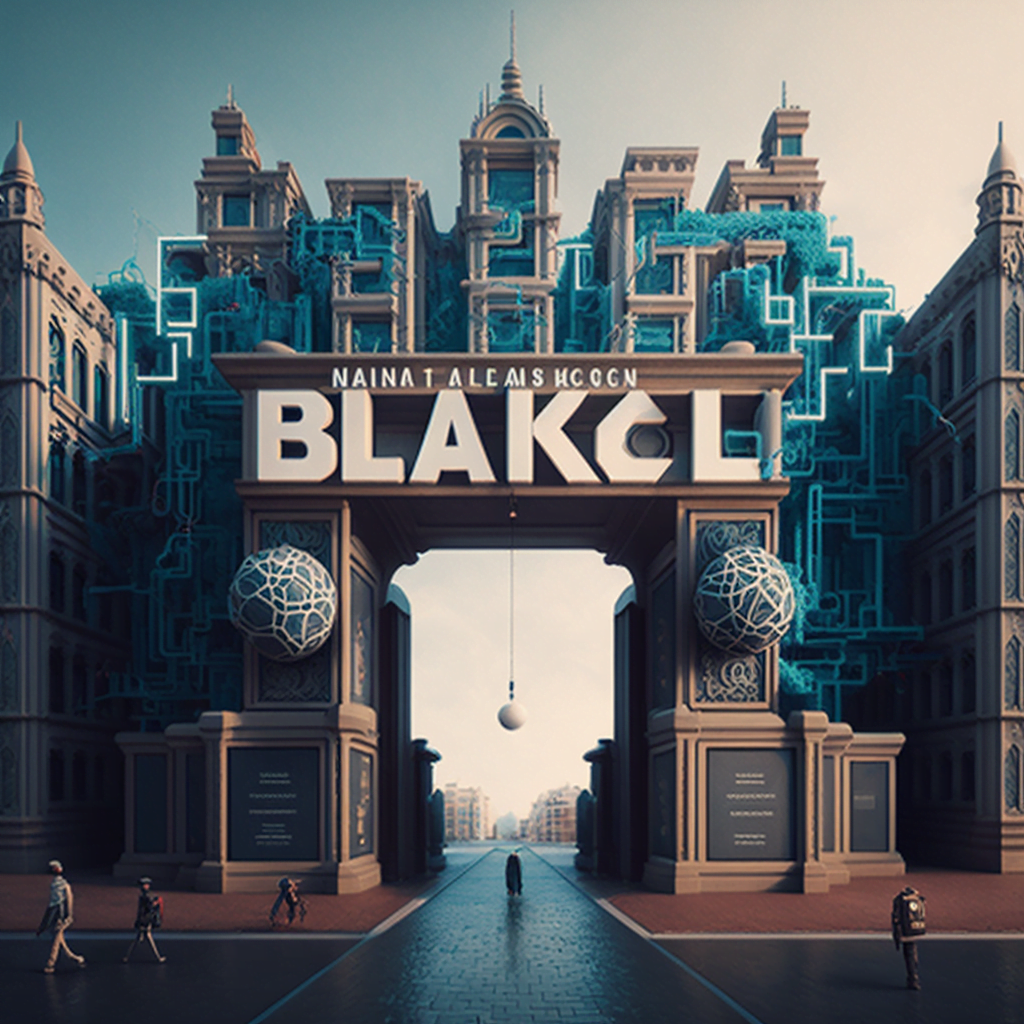

![StarsArena (StarShares): The Universe of Web3 Crypto Social Media! [Guide] starsarena](https://cryptos.us/wp-content/uploads/2023/10/starsarena.png)

